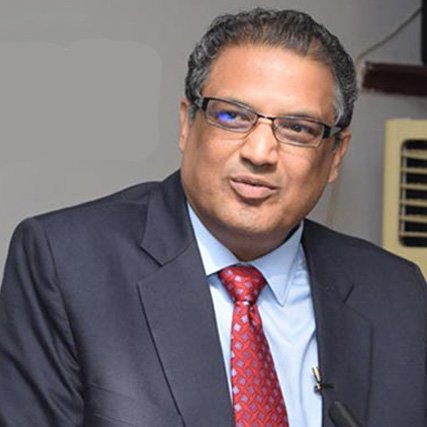Man is also strange, his thoughts sometimes reach the heights of the sky and sometimes fall to the depths of the abyss. The destiny of individuals and nations is based on their temperament and mood. If individuals and nations look at every issue with emotion or extremism, then they go off the track. I remember well that the vast majority of the sceptics believed in good Taliban and bad Taliban. Back in the day, we used to give lectures that good Taliban are sympathizers of Pakistan and bad Taliban are enemies of Pakistan. Earlier, we were told that the Taliban jihadists in Afghanistan are very good, but the Taliban jihadists who rise up against the state of Pakistan are bad. We also saw this limit that the number of Taliban apologists was high and the number of those who considered the Taliban bad was low. This excuse was used to justify every Taliban attack. When the explosion took place at Merritt, the apologists said that the attack actually happened because the American Blackwater people were holding a meeting there. When the Taliban destroyed schools, it was said that the Taliban were not against education, but that the army attacking them had a camp inside the schools, that is why they blow up the schools. When Pakistan’s most popular leader Benazir Bhutto was martyred and there was clear evidence that Al-Qaeda, the Taliban and some secret hands had done this sad thing together, but the apologists of the Taliban and Al-Qaeda kept saying that they were such great Muslims that they could not attack a woman. All this excuse-making was the result of mental confusion and being captive to his own ideas. Now the Taliban leader himself has admitted in his book to killing Benazir Bhutto. Before the Army Public School incident, Imran Khan had never spoken against the Taliban. Many politicians and our respected journalists were also involved in the crime of excuse-making. The leadership of the ruling party was also a victim of gossip and often used to attack the ruling Taliban. These collective mistakes, these intellectual gossip and these false and artificial interests led to the growth of terrorism. Thankfully, now the Taliban’s excuse-makers in journalism, the ruling party and politics have decreased.
This same excuse-making and intellectual contradiction is visible in the case of Balochistan. After the assassination of Nawab Akbar Bugti by General Musharraf, a soft corner had emerged in political circles regarding the deprivations of Balochistan. This is why the two national parties, the PPP and the PML-N, unanimously decided to rename the NWFP as Khyber Pakhtunkhwa and give Balochistan a larger share in the National Finance Commission and give more provincial autonomy through the 18th Amendment. The center became weak and the provinces became strong so that the federation could continue. Be it the issue of missing persons in Balochistan or the incidents of terrorism, the excuse of the majority, like in the case of the Taliban, was that this was a reaction to the Baloch deprivations. They have been so suppressed that they have no other choice but to do so. But when it came to killing Punjabis after seeing their identity cards, the excuse-makers found it difficult. Now, after the train terrorism, the excuse-makers of Baloch movements were no longer possible. Just as the attack on the Army Public School had changed the rules of the game, similarly, there was no room left for the excuse-makers regarding Balochistan due to the train terrorism. The impression of victimhood that this incident created due to the deprivations and abuses of Balochistan has now transformed into the form of a new oppressor, and now public support will join the state’s war against this cruel terrorist.
The remaining issue of politics and our collective mistakes should be resolved that just as the world has excluded force, terrorism and violence from the fight for rights and politics, we too must exclude them. Now we must come out of the confines of pettiness, self-interest and favoritism. We must avoid the 2014 sit-ins, using religious sentiments against the government and destabilizing governments through state intervention.
A two-pronged policy is adopted against terrorism all over the world. The state responds to those who commit terrorism in their own language, but those who only talk about rights and authority are given a place in politics. Many political parties and individuals fall victim to Stockholm syndrome in an environment of terrorism. They start loving those who oppress them. The law and order situation in Balochistan has been bad for a long time. In an unusual situation, elections are not fair, and representation is not fair. Only elected representatives who are credible and empowered can prove to be helpful in defeating terrorism. The action of such a large number of attackers is a huge failure of our intelligence. The speed and caution with which the state has carried out the clearance operation has made the intelligence network in Balochistan appear to be as unsuccessful as the way terrorism and hooliganism were eliminated in Karachi through the intelligence network. The same method needs to be applied here.
The long-term way to end terrorism in the world is to build a network of roads and spread development and prosperity. The state needs to pay attention to this despite its limited resources. As for foreign conspiracies and their agents, the authorities know how to deal with them. It is necessary that this matter be given top priority now and the terrorists, their hideouts and their leaders be eliminated.
 Colors
Colors  View Books
View Books 



